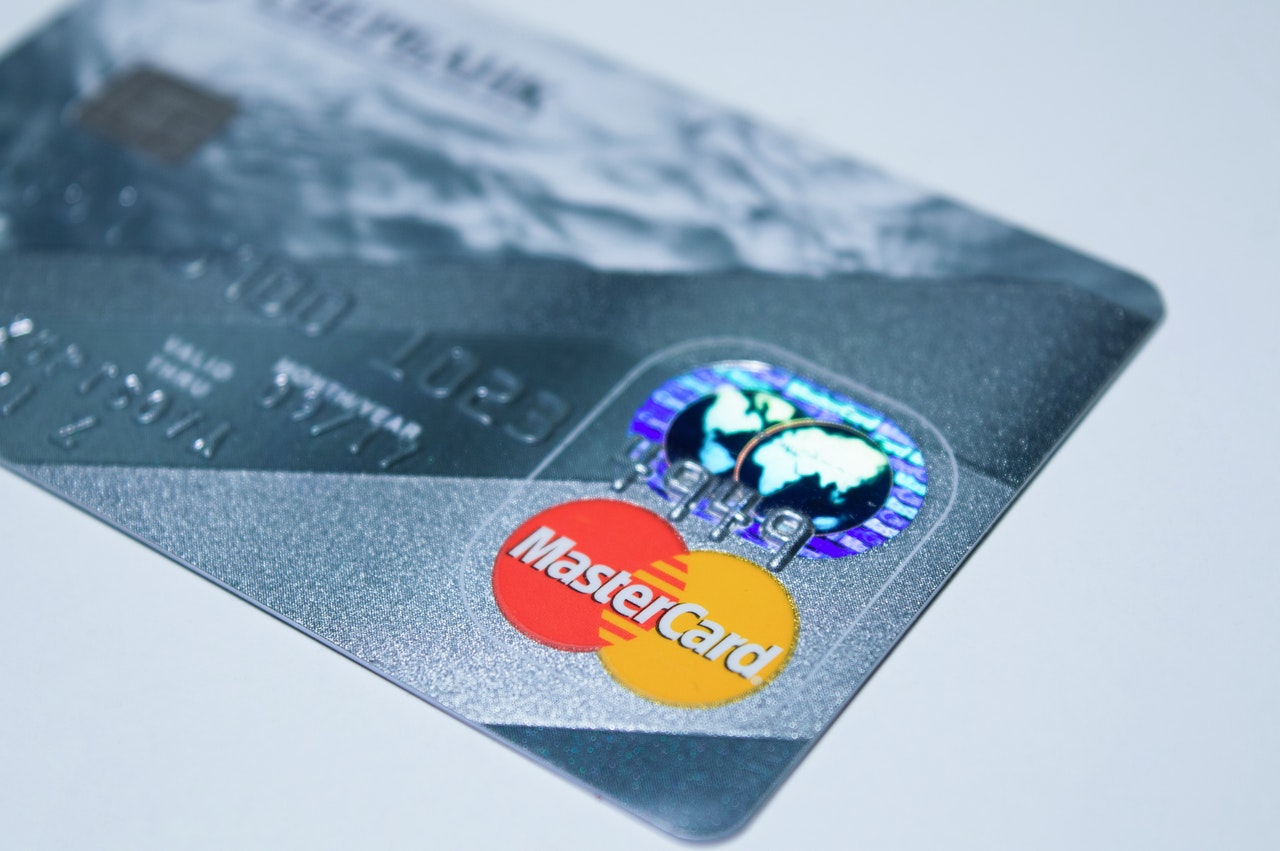How Debt And Bill Consolidation Work
Although you probably won’t find anyone who says that want to get heavily into debt, the reality is that many people find themselves in that situation for a variety of reasons, including taking on too many credit cards and personal loans, high medical bills, your children’s or your education expenses and just not paying close enough attention to your personal financial situation. If you find yourself in that situation and are wondering what you should do, you might want to consider a debt or bill consolidation. What is debt consolidation? It is simply that – consolidating all your debt into one payment and taking the hassle out of it so that you can become debt-free and avoid an awful lot of stress in the meantime.
So how do you get started on a bill and debt consolidation plan? The first thing you do is find out exactly how much in debt you are. To do this you will need to collect all of your account statements and write down the name of the creditor, the total amount that you owe that creditor, and the number of your monthly repayments.
The next thing you do is make up a realistic monthly budget. Go over all over your monthly expenditures such as rent or mortgage payments, utility bills, car loans, insurance payments, child care costs, grocery money, and upkeep for your car. Then add in some for miscellaneous expenses such as hair cuts and birthday gifts, things that don’t come up every day. Total it all up and that is the amount of money that it costs you every month to maintain a basic living.
The final part of organizing yourself is to subtract your monthly budget from your take-home pay. The amount left over is the amount that you have available to pay off your creditors each month. Now, this amount is likely to not be enough to make the minimum payments, which is why you need a debt and bill consolidation plan.
Now that your finances are organized and you know exactly what you can afford to pay in debt repayments each month, you need to contact each creditor and negotiate with them a lower payment amount. Most creditors are quite used to this and willing to help you out as long as you are willing to pay them what you can. Obviously, they realize that you can’t give them what you don’t have. Just be straight forward with them – you’ll be surprised at how accommodating they can be!



